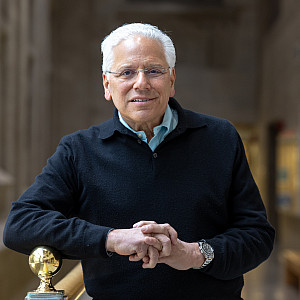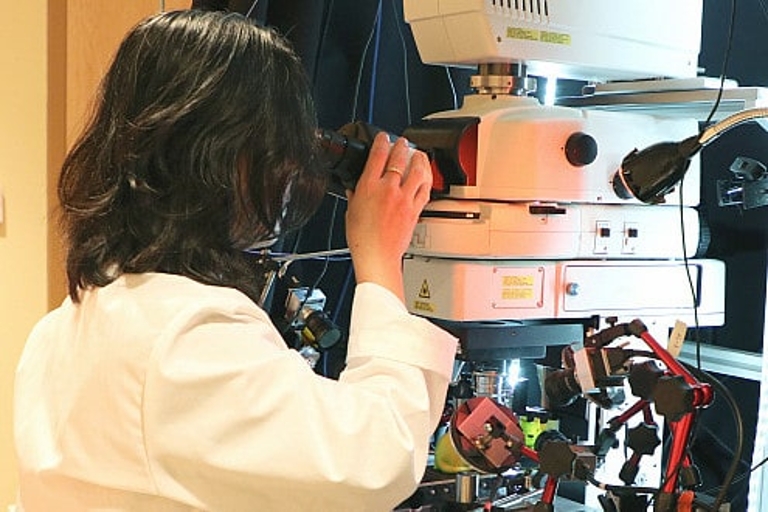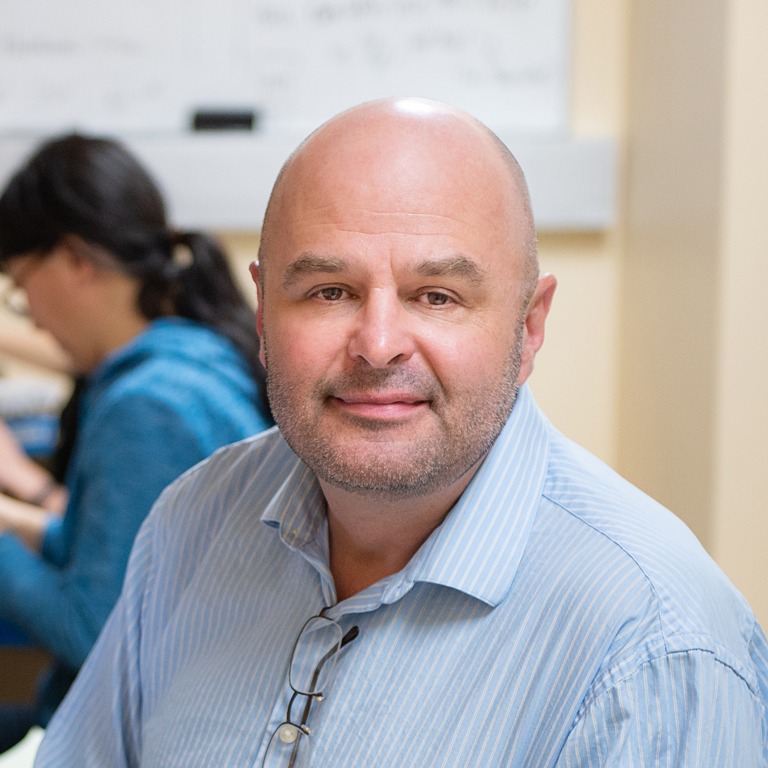Background
The Gill Center for Biomolecular Science at Indiana University provides the field of neuroscience with a unique platform for innovation. Powered by the extraordinary vision and commitment of Linda and Jack Gill, together with the College of Arts + Sciences, the Gill Center brings together world-class scientists and state-of-the-art facilities in an atmosphere of unimpeded experimentation. The result is real and rapid progress on understanding issues such as pain, addiction, stress, and dementia. The Gill Chairs, recruited from outside the university in order to promote the expansion of IU’s neuroscience community, are selected not only for their individual records of excellence, but also for their ability to contribute to and influence ongoing center research.
Meet the Gill chairs and faculty





